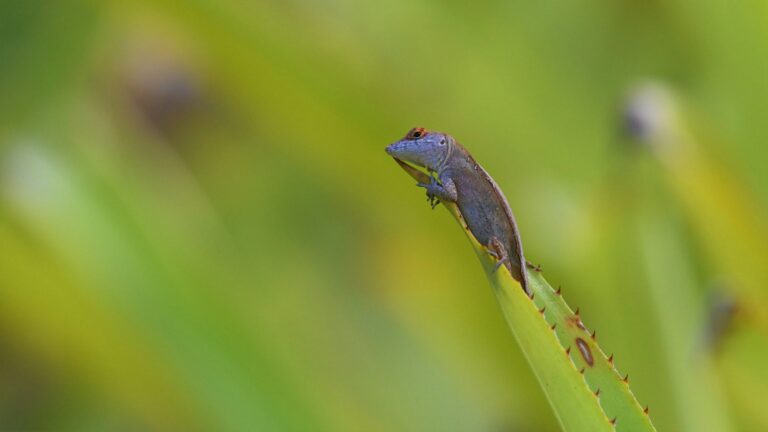Project Description
Biological invasions are responsible for biodiversity loss, degradation of social well-being, and multi-trillion dollar impacts globally, representing one of the dominant obstacles for the achievement of Sustainable Development Goals. Despite significant scientific progress in the quantification of biological invasion impacts, a systematic research program to quantitatively predict the economic (and associated) costs of biological invasions has remained an unreachable endeavour. This interdisciplinary project will combine evolutionary theory, invasion biology, environmental economics and Artificial Intelligence (AI) to both quantify and forecast the magnitude, location (i.e., the identification of cost “hotspots”), and duration of biological invasion economic impacts. This will inform targeted actions to anticipate and mitigate the economic, social and environmental damage caused by invasive species worldwide.
VISION AND SCIENTIFIC APPROACH. This project will identify species traits which are predictive of impacts of biological invasions globally, helping to prioritise management towards the most damaging current and future invasive species. It aims to move the field from the traditionally reactive approach (actions once impacts are identified) into proactive management with the capacity to forecast before irreversible tipping points are reached. The project relies on three core components: (i) the availability of global-scale databases of species traits and invasion impacts, (ii) mathematical analyses, economic, and AI-led quantitative forecasting, and (iii) the wide range of expertise contributed by the supervisory team, which synergises internationally-leading work in evolutionary biology, global-scale ecology, and sustainable development (Pincheira-Donoso); invasion science and environmental economics (Cuthbert); applied ecology, conservation and invasion biology (Bodey); and software engineering and AI (Rainer).
THE STUDENTSHIP: The PhD student will be immediately embedded within a truly global consortium of >200 academics leading the development of the international scientific networks InvaCost (https://invacost.fr/en/accueil/), GABiP (https://www.amphibianbiodiversity.org/) and GARD (http://www.gardinitiative.org/), which will offer a once-in-a-lifetime network of transdisciplinary expertise, and within which academics at QUB play leading scientific roles.
Impacts from invasive species are influenced by their evolved traits pre-invasion, and by changes to these traits post-invasion, where the ecology can affect the economic costs. On this basis, the PhD project aims to: (i) decipher relationships between previously evolved traits (i.e., pre-invasion) and economic impacts of invasive species; (ii) develop novel intraspecific trait data (e.g., from tens of thousands of museum specimens), to quantify how post-invasion trait changes (that can rapidly occur within an invaded environment) relate to economic impacts, since invasive species can rapidly adapt to the invaded environment, leading to novel effects with devastating socio-economic impacts; and (iii) relate economic impacts to ecological impact metrics. Machine learning will underpin these objectives. By training algorithms using large-scale trait and invasion cost databases harmonised in the project, these algorithms will for the very first time enable prediction of future costly invasive species based on species adaptations, forecasts of how rapid trait adaptations aggravate costs, and measurement of ecological effects from economic impacts.
The candidate will develop unprecedented datasets, and gain a range of transferable skills, including expertise in: (i) advanced modelling, analytical and AI approaches, (ii) scientific writing, (iii) communication skills with diverse stakeholders and audiences.
CANDIDATE BACKGROUND
The multidisciplinary nature of the project is flexible to a candidate with a strong scientific background in one (or more) of the key areas involved, including (but not restricted to) biological sciences, quantitative economics, mathematics/statistics, and bioinformatics/computer sciences. Candidates are encouraged to submit a brief cover letter outlining how they see their expertise contributing to the execution of the project.
Essential skills:
- Background in quantitative analyses of data
- Experience in R language
Desirable skills:
- An interest in relevant fields such as evolutionary biology, ecology and/or invasion biology
- Awareness of machine learning approaches
- Familiarity with the Sustainable Development Goals framework
Photo by Mark Stoop on Unsplash
Supervisors
Daniel Pincheira-DonosoPrimary Supervisor: | Profile: Daniel Pincheira-Donoso Email: D.Pincheira-Donoso@qub.ac.uk Institution: Queen's University, Belfast Department/School: School of Biological Sciences |
Thomas BodeySecondary Supervisor: | Profile: Thomas Bodey Email: thomas.bodey@abdn.ac.uk Institution: University of Aberdeen Department/School: School of Biological Sciences |
Ross CuthbertAdditional Supervisor: | Profile: Ross Cuthbert Email: r.cuthbert@qub.ac.uk Institution: Queen's University, Belfast Department/School: School of Biological Sciences |
Additional Supervisor: | Professor Austen Rainer, Queen’s University Belfast, School of Electronics, Electrical Engineering and Computer Science (Software engineering, machine learning, computer programming) Email: a.rainer@qub.ac.uk |
References
CUTHBERT, R.N. et al. (2022). Biological invasion costs reveal insufficient proactive management worldwide. Science of the Total Environment, 819: 153404.
Hudgins, E.J., CUTHBERT, R.N., Haubrock, P.J., et al. (2023). Unevenly distributed biological invasion costs among origin and recipient regions. Nature Sustainability, 6: 1113–1124.
Mi, Ch…PINCHEIRA-DONOSO, D. et al. (2023). Global Protected Areas as refuges for amphibians and reptiles under climate change. Nature Communications, 14: 1389.
QUADRAT Themes
- biodiversity
- environmental-management
Partners
CASE Partnership with the Government of Chile (through the National Museum of Natural History)
A CASE Partnership project is delivered in collaboration with an industry partner. The CASE partner organisation contributes finance, expertise, facilities and an internship.






















































